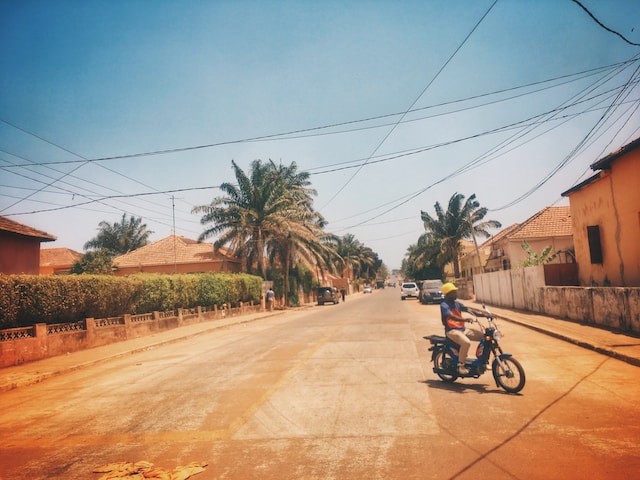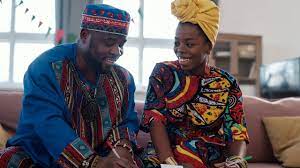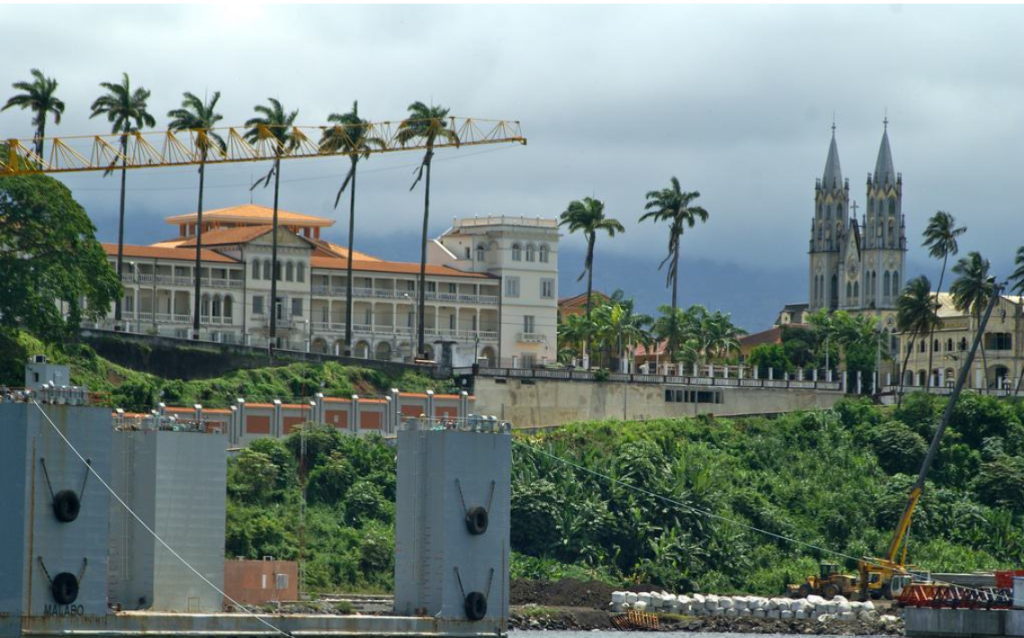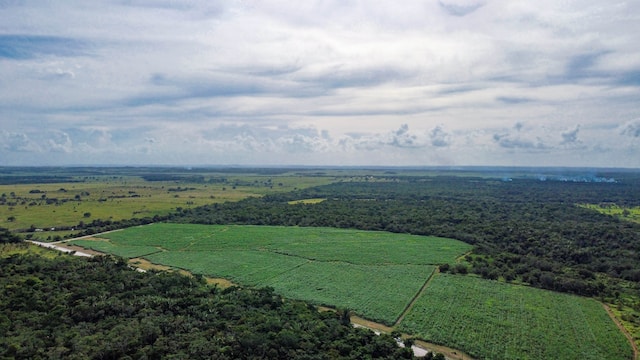Marriage is a fundamental institution in Central and Southern Africa. It plays a significant role in shaping cultural diversity in these regions. This article explores the different aspects of Central and Southern African marriages and their contributions to cultural diversity.
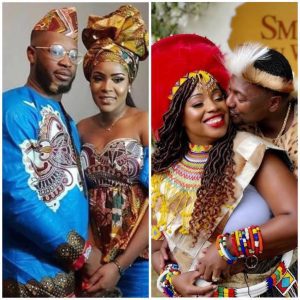
Understanding the Concept of Marriage in Central and Southern Africa
Central African societies view marriage as a sacred institution, emphasizing the continuation of family lineage and establishing communal ties. In contrast, Southern African communities prioritize marriage to solidify social status and create family alliances.
In Central Africa, marriage is deeply rooted in cultural and traditional practices. It is seen as a way to unite two families and forge a strong bond. The marriage ceremony is grand, filled with vibrant colors, music, and dance. Elders play a significant role in the process, ensuring the ancestors approve and bless the union. The bride and groom exchange symbolic gifts, representing the merging of their families and the beginning of a new chapter in their lives.
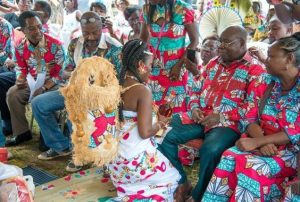
On the other hand, Southern African societies approach marriage with a focus on social and economic factors. Families often arrange marriages to strengthen political alliances, increase wealth, or enhance social standing. These unions are considered strategic partnerships, where the families’ interests precede individual desires. The bride’s family may receive a dowry or other compensation forms, solidifying the marriage’s transactional nature.
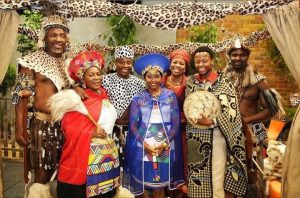
The Diversity of Marriage Customs in Central Africa
Central Africa boasts a rich tapestry of marriage rituals and customs, each unique expression and significance. These rituals often serve as transition markers, solidifying the bond between two individuals and their families.
Marriage Rituals and Their Significance
In Central Africa, marriage ceremonies are elaborate and vibrant affairs, showcasing the cultural diversity within the region. Rituals such as the dowry exchange, traditional dances, and communal feasts mark the union and commemorate the start of a new chapter in the couple’s lives.
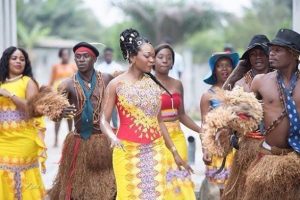
Marrying in Central Africa involves the active participation of the community, symbolizing the broader support system and interconnectedness that underpins African societies. These celebrations reinforce cultural values and strengthen the bonds between families and communities.
The Influence of Religion on Central African Marriages
Religion often plays a significant role in Central African marriages, shaping the customs and practices associated with the union. Christianity, Islam, and indigenous African religions all contribute to the diverse religious landscape in Central Africa, infusing marriage ceremonies with unique rituals and traditions.
Christian wedding ceremonies, for example, include prayers, scripture readings, and blessings from religious figures. On the other hand, Islam follows strict guidelines in the Quran and contains rituals such as the signing of the marriage contract and a communal feast.
Indigenous African religions incorporate ancestral worship and spirit invocation in their marriage ceremonies, emphasizing the spiritual elements and the connection between the couple and their ancestors.
The Diversity of Marriage Customs in Southern Africa
Southern African marriages encompass customs influenced by colonialism, traditional beliefs, and the region’s economic landscape.
The Impact of Colonialism on Southern African Marriages
Colonialism left an indelible mark on Southern African marriages. European influences brought about changes in marital practices and value systems. For instance, the introduction of monogamy replaced polygamous unions prevalent in many Southern African societies.
Moreover, colonial policies aimed at controlling indigenous communities led to the exploitation of marriage customs. British and Dutch colonizers imposed their marriage laws and norms, causing a shift away from traditional practices and beliefs.
The Role of Dowry in Southern African Marriages
In Southern African marriages, Dowry, exchanging gifts or goods from the groom’s family to the bride’s family, is a common practice. This tradition serves various purposes, including symbolizing respect, appreciation, and economic security.
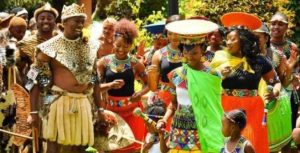
However, dowry’s significance and nature vary across Southern African societies. In some cultures, dowry represents a form of compensation for the bride’s family, while in others, it serves as a way to establish social status and reinforce the ties between families.
The Intersection of Marriage and Cultural Diversity
Marriage acts as a lens through which cultural diversity is celebrated and preserved. It serves as an embodiment of cultural values, practices, and beliefs passed down through generations.
How Marriages Reflect Cultural Differences
The various marriage customs in Central and Southern Africa reflect the multiple cultures within these regions. Each practice is steeped in cultural meaning, from the unique rituals surrounding marriage ceremonies to the specific roles and expectations of married individuals.
For example, the contrasting views on marriage between Central and Southern Africa demonstrate how different societies emphasize lineage, social status, or notions of love and companionship.
Marriage as a Tool for Cultural Preservation
Marriage serves as a vital tool for the preservation of cultural heritage. Through participating in traditional marriage practices, individuals actively contribute to the continuity of their cultural identity. Marriage ceremonies provide a platform to pass down customs, values, and knowledge to future generations.
Preserving cultural diversity enhances communities’ resilience and fosters mutual respect and understanding among different cultures.
The Global Impact of Central and Southern African Marriages
Central and Southern African marriages have shaped local cultures and had a significant global impact.
African Marriages in the Diaspora
African diaspora communities worldwide continue to celebrate and uphold their marriage customs, contributing to the cultural diversity of their host countries. Weddings within these communities often combine traditional African practices with local customs, creating unique ceremonies that reflect the multicultural nature of the diaspora.
The Influence of African Marriages on Global Culture
The rich and colorful traditions associated with Central and Southern African marriages have captured the interest and appreciation of individuals from diverse backgrounds. African-inspired wedding themes, fashion, and music have gained popularity globally, showcasing the beauty and allure of African cultures.
Conclusion
Central and Southern African marriages are vital in shaping cultural diversity within these regions. From the role of marriage in African societies to the diverse customs and practices, these unions serve as a conduit for transmitting cultural values and traditions. Central and Southern African marriages celebrate local cultures and contribute to the global tapestry of human experiences.

